Decisions, decisions.

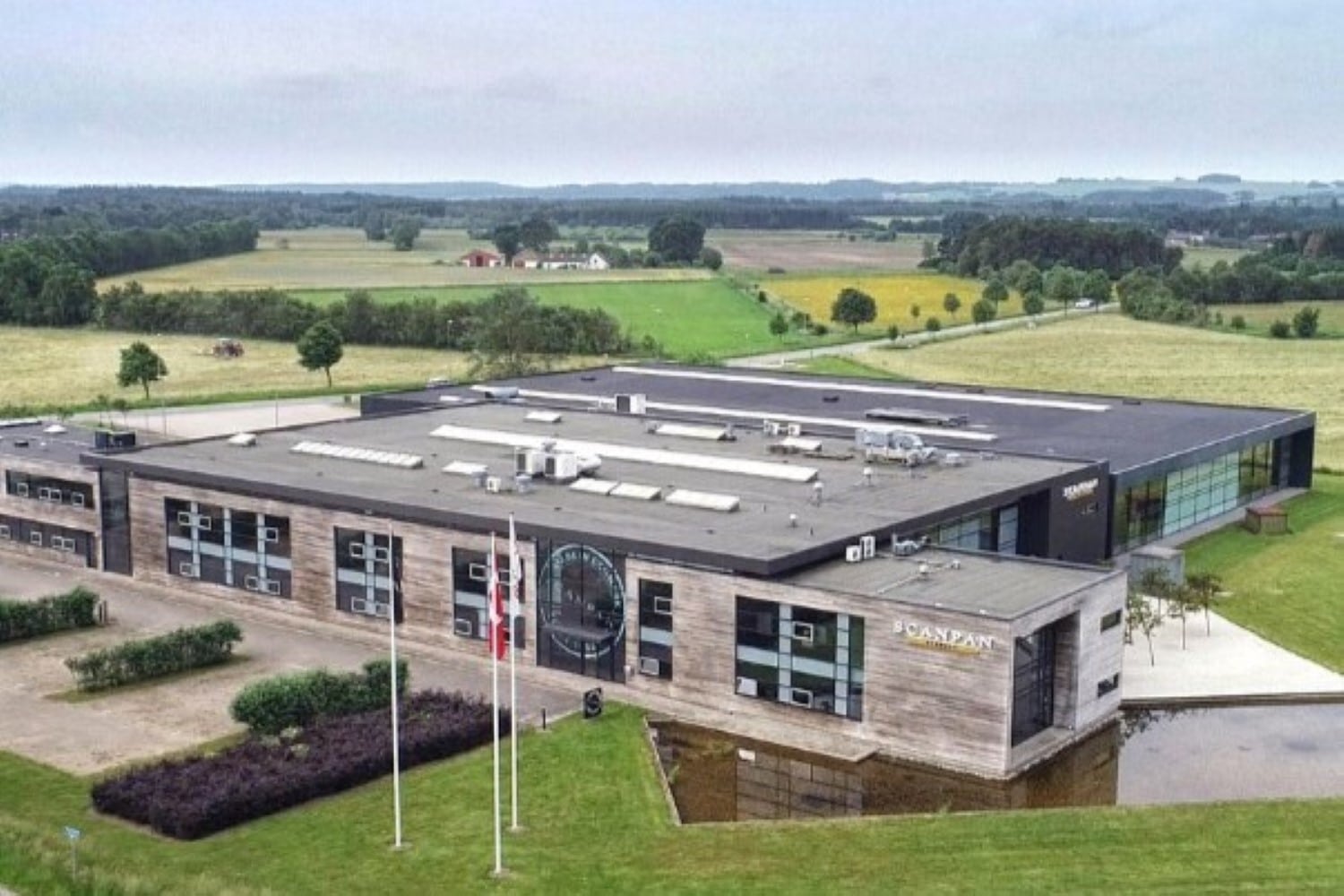
Nowadays, it seems like everyone has hopped on the “green” train.
From eggs claiming to be from organically raised, antibiotic-free, vegetarian-fed chickens or household cleaners opting for simple, no-nonsense ingredients that are “straight from nature,” it can be hard to separate fact from fiction.
And this is especially true for nonstick cookware.
If you’re anything like us, you’ve probably googled things like: “nontoxic cookware,” “safe nonstick cookware” and “sustainable cookware” all in the effort to find the safest and healthiest options for you, your family and the planet.
That’s why we’re big fans of Danish cookware brand, Scanpan. They’ve built their reputation on designing the safest, most sustainable and highest-quality nonstick pans available on the market, putting their earth- and human-friendly products at the forefront of their business since 1956.
Hungry for more? Explore our collection of Scanpan’s industry-leading nonstick cookware, made with the health of the environment—and your family—in mind.

To understand how Scanpan sets themselves apart from other companies touting sustainability, we first need to answer the question: what is sustainability?
If you do a quick Google search of that question, you’ll likely get a few answers:
In a nutshell, practicing sustainability requires a holistic approach, incorporating such concepts as environmental protection, social equity and economic health, to not only meet the needs of our present-day communities but to ensure the success of future generations.
And while conversations around sustainability typically focus on such things as renewable energy and the responsible sourcing of goods, it extends to all aspects of human life—from providing a fair, living wage so workers can provide for their families to designing quality products that are built to last (ahem, fast fashion, we’re looking at you).
It’s clear that a lot more goes into a company being truly sustainable than just saying they are—it has to be at the core of every decision and every product that they put their name on.
So, with that in mind, let’s dive into the 4 tenants that make Scanpan a truly sustainable cookware company.
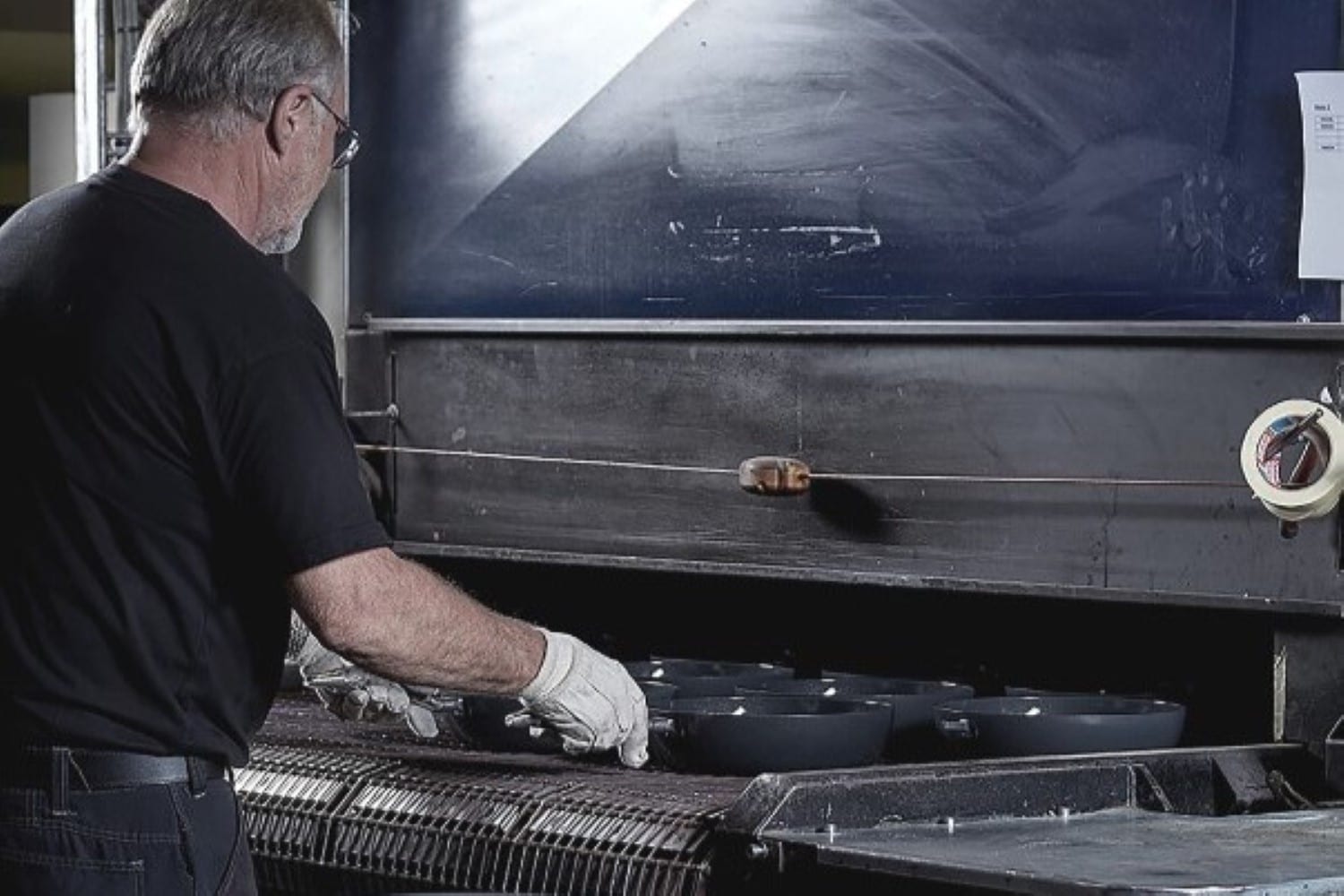
For a long time, nonstick cookware has gotten a bad rap.
When brands like T-fal® first introduced nonstick cookware back in 1956, using PFOA (perfluorooctanoic acid) or Teflon™ as the coating for their pans, it was, at the time, a huge win for home cooks.
As we now know, these PFOA coatings are prone to peel, flake and crack when exposed to high heat or long-term use—some major red flags when it comes to cooking safely—and the production of PFOAs is harmful to the environment.
Scanpan was the first company in the world to release nonstick cookware made without PFOA or PFOs, stating that “our nonstick is made without PFOA, PFOs and all other PFAs of concern.” In fact, their nonstick materials are sourced exclusively from Europe, which has some of the strictest government regulations in the world when it comes to the environment, food safety and manufacturing practices.
But safety isn’t the only factor when it comes to creating truly sustainable nonstick—durability and longevity are also at the heart of every piece of cookware that Scanpan makes. Backed by a lifetime warranty against manufacturer’s defects (including peeling, flaking or cracks) and an impressive defect rate of less than 1%, their nonstick is not only safe but durable enough to last.
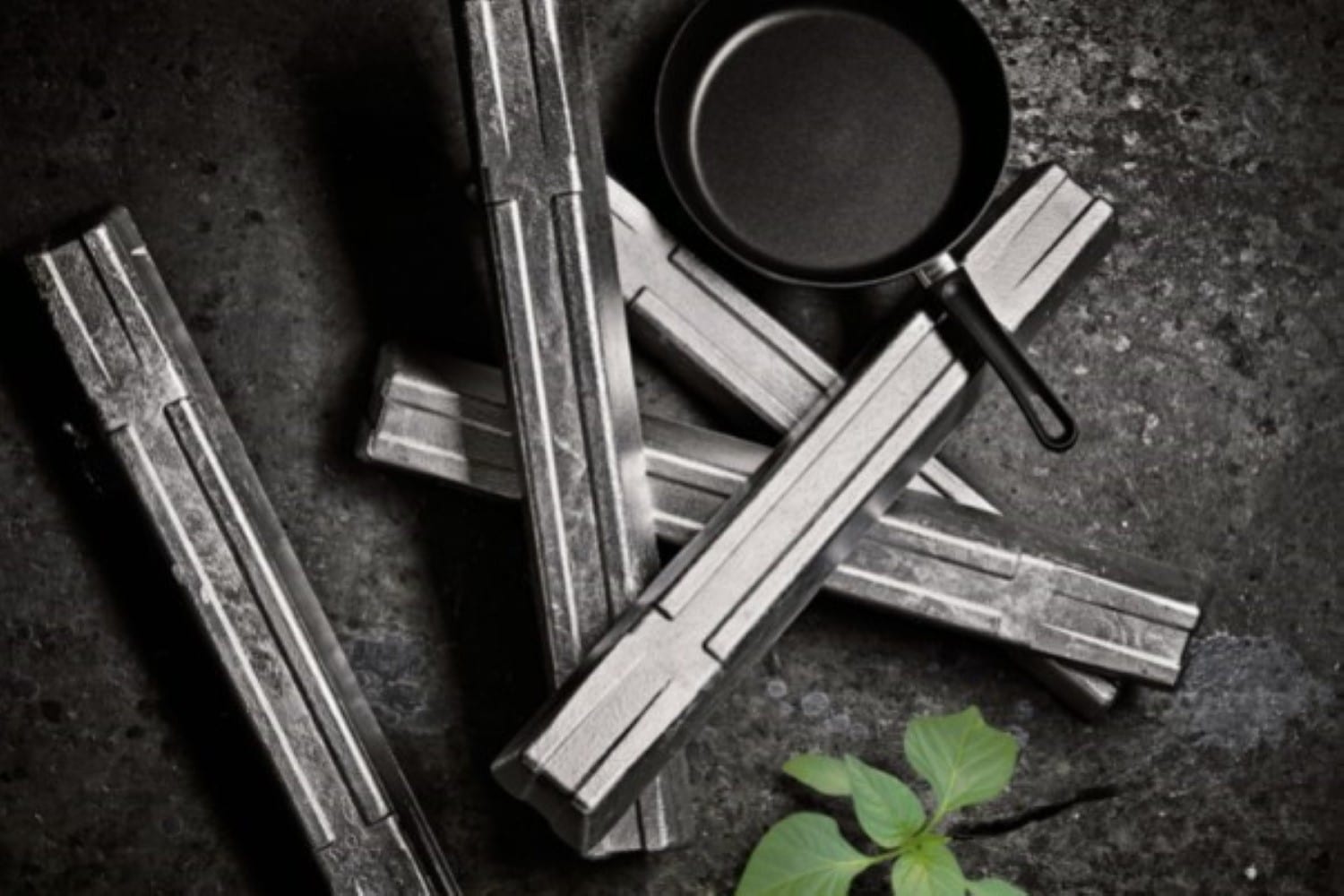
There’s no denying that waste is a big issue in the manufacturing industry.
From chemical and material waste to packaging and shipping, nearly every step in the process produces some form of waste. And while pinning down an exact number can be tricky, some sources estimate that nearly 7.6 billion tons of industrial waste are produced every year.
Here’s where Scanpan is changing the game.
In an effort to reduce overall waste from the production line, Scanpan recycles or reuses any and all materials possible. In fact, 100% of the aluminum used in the company’s cast aluminum cookware lines is recycled.
And that which can’t be recycled is incinerated (if safe to do so) and used to heat the cities that surround their factory, reducing the need for gas, coal and oil. As of 2022, just 9% of Scanpan’s total company waste went into landfills.
It isn’t just the production line getting a waste overhaul—all of Scanpan’s cardboard packaging is made of 100% recycled and recyclable cardboard and paper material.
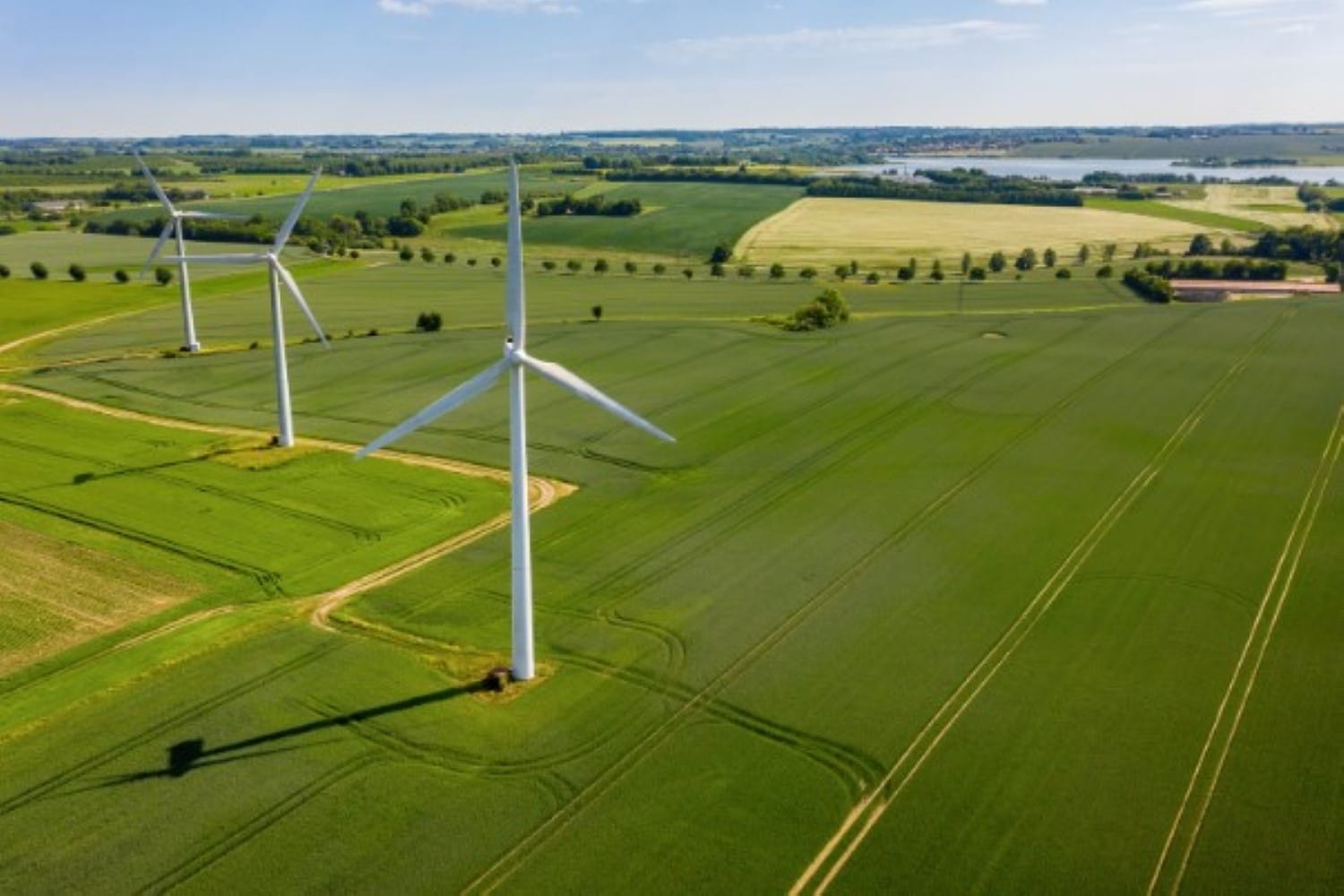
The conversation around renewable energy is a revolving one—and probably the issue we’re all most familiar with when it comes to sustainability. From hydroelectric and solar to wind energy, the question of how to power and heat factories ranges from small, incremental fixes to large-scale overhauls.
In 2021, renewable energy sources made up just 12% of Scanpan’s total energy use. As part of their ongoing effort to reduce their carbon footprint and environmental impact, they project that number to increase 7-fold by the end of 2023, with renewable energy sources making up 87% of their total energy supply.
Scanpan has also made daily, small-scale changes, including switching to LED lights throughout their offices and factory, a change that saves roughly 42% on energy consumption. Plus, they’ve spent the last two years exploring new, eco-friendly ways to heat their factory, switching from oil to carbon-neutral wood pellets.
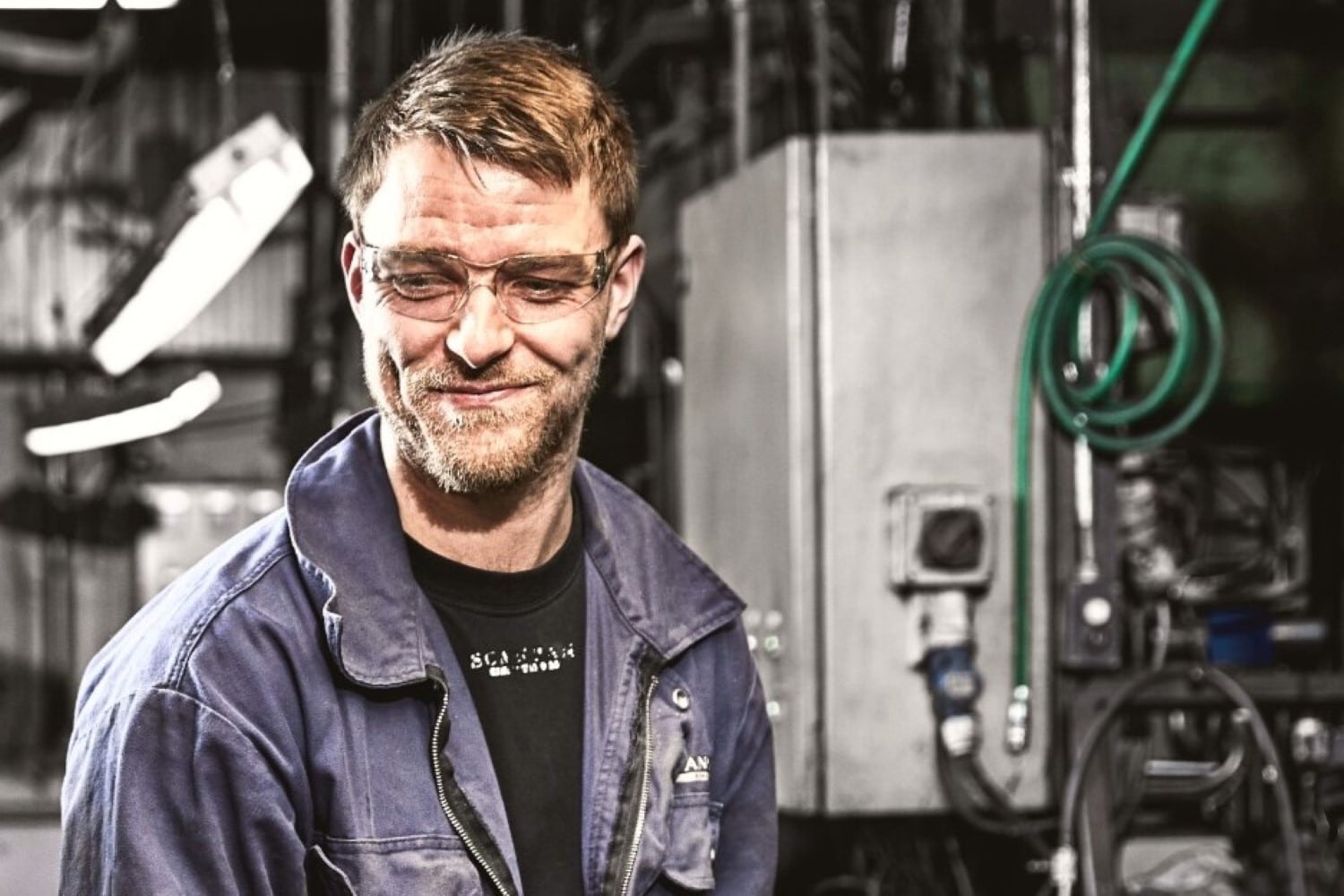
Remember, one of the key elements of sustainability is ensuring the success of future generations. And that starts with the current one.
As CEO Jesper Brund explains, “we take care of our workers as they take care of our products,” and it shows. Every employee in Scanpan’s headquarters and factory in Denmark:
So, next time you’re shopping for cookware or researching “sustainable cookware brands,” we encourage you to check out Scanpan.
Not only will you receive high-quality, environmentally conscious cookware that’s held to the highest standards, but you’ll also become part of the success and sustainability of this generation and the next.
You can learn more about Scanpan, their sustainability efforts and their conscientiously curated nonstick cookware on their website.
Hungry for more? Explore our collection of Scanpan’s industry-leading nonstick cookware, made with the health of the environment—and your family—in mind.
JOIN THE CONVERSATION